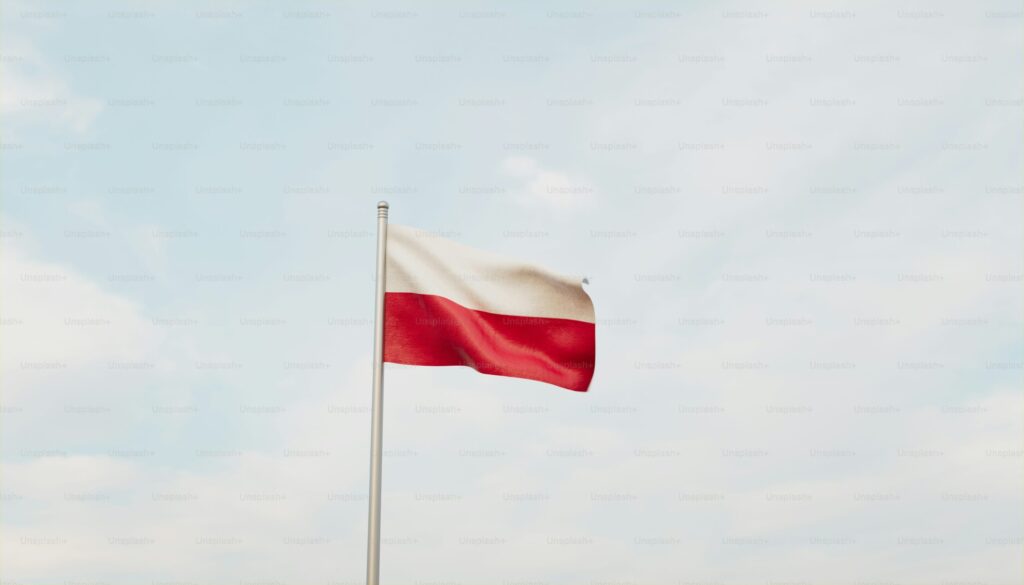Poland is a beautiful country located in Central Europe, known for its rich history, vibrant culture, and beautiful landscapes. Over the years, Poland has become a popular destination for people from all over the world who are looking to live and work in the country. However, like any other country, the country has immigration quotas and caps in place, which determine the number of people who can immigrate to the country in a given year. In this article, we will provide you with all the information you need to know about immigration quotas and caps.

Overview of quotas
To maintain its social and economic stability, Poland has implemented immigration restrictions. The restrictions are established following the needs of the nation’s labor market, social welfare laws, and population expansion. The restrictions are intended to encourage the immigration of highly trained employees, business owners, and investors who can support the economic development of the nation.
Setting immigration limits
Poland uses a complex formula to determine its annual immigration limits and restrictions. Numerous factors, such as social assistance schemes, labor market demands, and national population growth are taken into account by the calculation. The government also collaborates with a range of stakeholders, including businesses, to ensure that the restrictions are created in a way that benefits the country as a whole.
Occupational quotas
Occupational caps are created to address the nation’s unique labor market demands. The Polish government establishes occupational caps for several occupations, including physicians, engineers, and IT specialists. These limitations are determined by the demand for employees in the local labor market and the availability of qualified workers in the country.
Exceptional talent quotas
For those with outstanding abilities that are in great demand in the nation, exceptional talent quotas are established. Artists, musicians, sportsmen, and scientists may be among these people. These people are given particular incentives by the Polish government to move to the nation, including tax benefits and expedited visa procedures.
Family reunification quotas
Family reunification quotas are established for those who want to relocate to the country to join their relatives who already reside there. These caps are intended to support and maintain family cohesion.
Quotas for self-employed
Self-employed workers who wish to immigrate to the country must adhere to limits on immigration as well. These limits are meant to promote innovation and creative thinking in Poland’s industry. The amounts allocated are determined based on the need for various sectors in Poland and the availability of self-employed persons there.
Limits on long-term residency
Limitations on long-term residency permits in the nation are set by the country’s social welfare policies and plans for population growth. The limits are meant to maintain social and economic stability by preventing an influx of people who would burden the country’s assistance system.
EU Blue Card
Highly qualified people from outside the EU can live and work in the country with a work permit known as the EU Blue Card. According to the need for qualified workers and the needs of the domestic labor market, the program’s limits are set. The EU Blue Card program is open to anybody who has a job offer in Poland and the required qualifications.
Startup visa
For company owners looking to launch a venture there, the country also offers a start-up visa program. The program is subject to restrictions, which are determined by the need for entrepreneurship and innovation in the nation.
Visas for researchers
For researchers who want to study in Poland, the nation also offers a visa program. The program has its allotments, which are determined by the needs of innovations and research in the nation.
Caps for students
Poland also has constraints for international students who want to study there. The restrictions are designed to ensure that the nation’s educational institutions can provide top-notch instruction to students from all over the world.
You may also find these articles helpful
Moving to Poland: Full relocation guide
How to retire in Poland: The golden years
Getting an employment visa: Work permit in Poland



